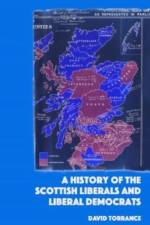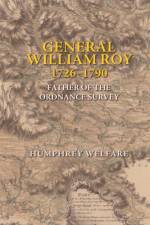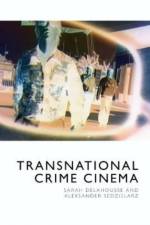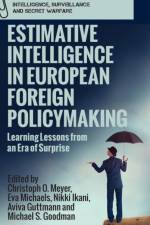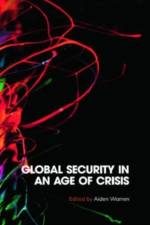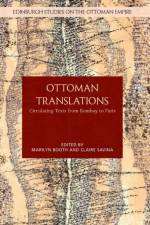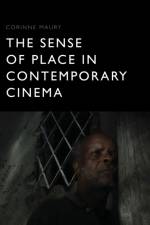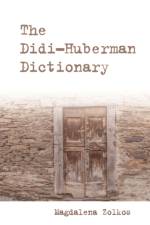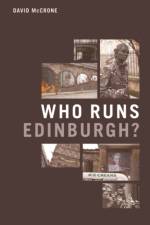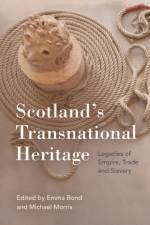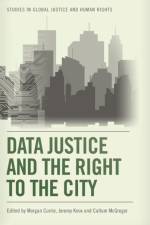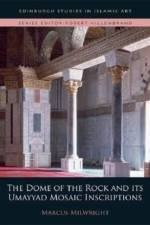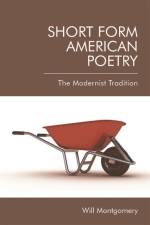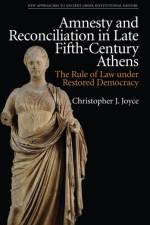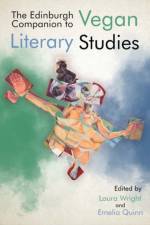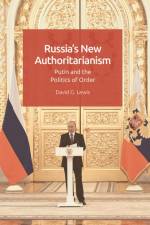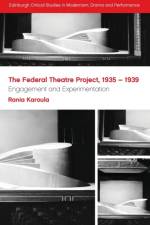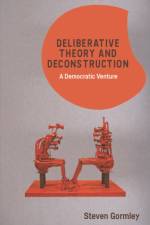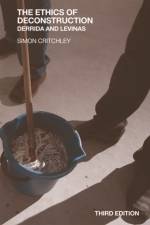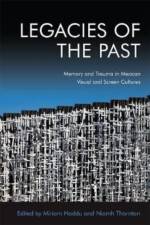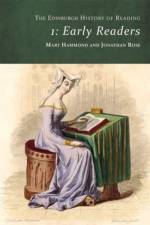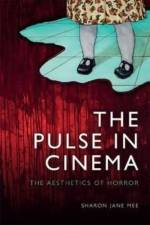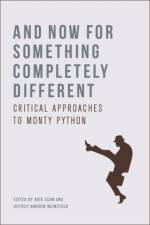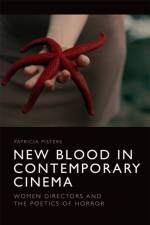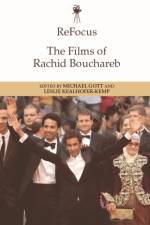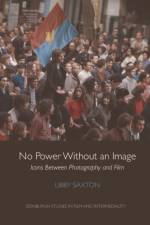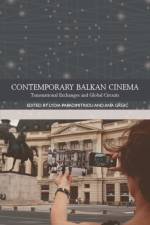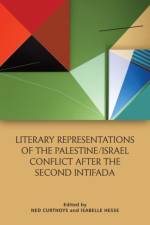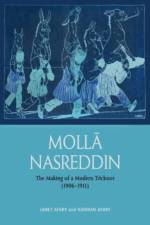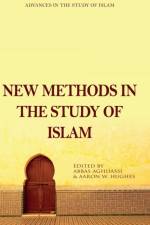311
'Offering an imaginative and convincing reconceptualisation of Balkan cinema, this volume brings to life the rich results of efforts by talented filmmakers and committed film industry professionals in thirteen countries. Capacious in scope, the book examines films, but also, crucially, the forging, since 2008, of productive, collaborative links across the Balkan region. An uplifting and inspiring read, Contemporary Balkan Cinema shows us how thoughtful and resilient practitioners have sought to overcome multiple challenges including small nationhood and political impasse, and achieve the means for meaningful, sustainable filmmaking.' Mette Hjort, Hong Kong Baptist University 'This is an exceptionally timely book that both updates and innovates the notion of Balkan cinema. Taking the financial crisis of 2008 as its starting point - rather than postcommunism, which has lost its significance - this collection offers new interpretation of the cinema of the Balkans and forms new constellations within these fast growing, intertwined cinema industries. There is a gap in current research on Balkan cinema, which has splintered into various national cinemas, and this volume patently fills this gap by insisting on inclusiveness in accounting for the region's cinema production. This book will undoubtedly be a key resource for the study of Balkan cinema in the future.' Lars Kristensen, University of Skövde, Sweden 'This comprehensive and outstandingly-organized collection studies a dynamic segment of the European cinema and inspires its rethinking in a global context. It insightfully regards the year 2008 as a game-changer in the filmmaking practices of the region and stands out for its ambition to trace cross-border cultural fertilizations and highlight transnational cooperation.' Constantin Parvulescu, Babeș-Bolyai University The first inclusive collection to examine post-2008 developments in Balkan cinema, this book brings together a number of international scholars to explore its industrial contexts and textual dimensions. With a focus on transnational links, global networks and cross-cultural exchanges, the book addresses the role of national and supranational institutions as well as film festival networks in supporting film production, distribution and reception. It also identifies key characteristics in the subject matter and aesthetics of Balkan films made since the global economic crisis. Through critical and comprehensive country profiles, and with a focus on smaller and underrepresented cinemas from Montenegro, Kosovo, North Macedonia and Albania, the collection argues for the continuing relevance of the concept of 'Balkan cinema'. Lydia Papadimitriou is Reader (Associate Professor) in Film Studies at Liverpool John Moores University. Ana Grgic is a Lecturer in Film, TV and Screen Studies at Monash University Malaysia. Cover image: I Do Not Care If We Go Down In History As Barbarians (directed by Radu Jude, Romania/Czech Republic/France/Bulgaria/Germany, 2018). Image courtesy of Hi Film Productions Cover design: [EUP logo] edinburghuniversitypress.com ISBN 978-1-4744-5843-6 Barcode

